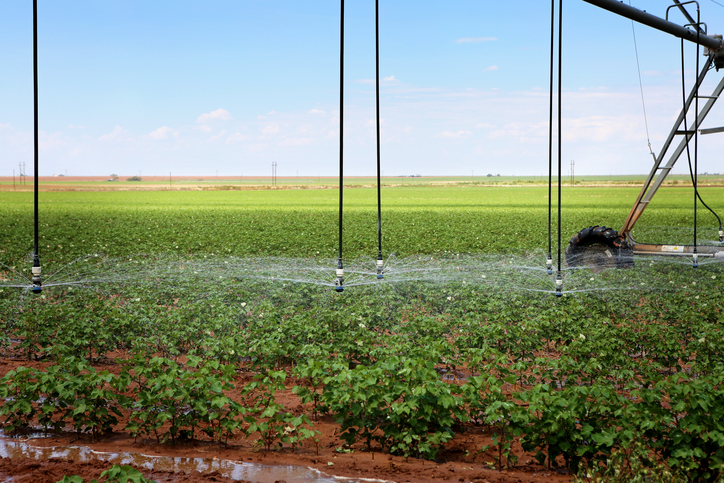 The National Science Foundation is spearheading a $2.4 million research initiative to develop new methods to create commercial fertilizer out of wastewater nutrients. Among the researchers working on this project, ECS member and chair of the Society’s Energy Technology Divison, Andrew Herring, is leading an electrochemical engineering team in electrode design, water chemistry, electrochemical operations, and developing a bench-scale electrochemical reactor design.
The National Science Foundation is spearheading a $2.4 million research initiative to develop new methods to create commercial fertilizer out of wastewater nutrients. Among the researchers working on this project, ECS member and chair of the Society’s Energy Technology Divison, Andrew Herring, is leading an electrochemical engineering team in electrode design, water chemistry, electrochemical operations, and developing a bench-scale electrochemical reactor design.
The goal of this project is to take the nitrogen and phosphorus that exists in wastewater and transform it into fertilizer struvite, which is made up of magnesium, ammonium, and phosphate.
“Basically, you’d have a hog barn and you’d collect the liquid effluent from the farm and run it through a reactor and you’d get a solid fertilizer out of the back and, hopefully, energy,” Herring, Colorado School of Mines professor, says in a statement. “At the end of the day, we hope to optimize this thing so it makes energy, saves water, and produces fertilizer for food production.”
This work is is a collaborative effort with ECS members Lauren Greenlee, lead princial investigator and Assistant Professor at the University of Arkansas; and Julie Renner, Assistant Professor at Case Western Reserve University.
This isn’t Herring’s first foray into water and energy research. During the PRiME 2016 meeting, Herring co-organized the Energy/Water Nexus: Power from Saline Solutions symposium.


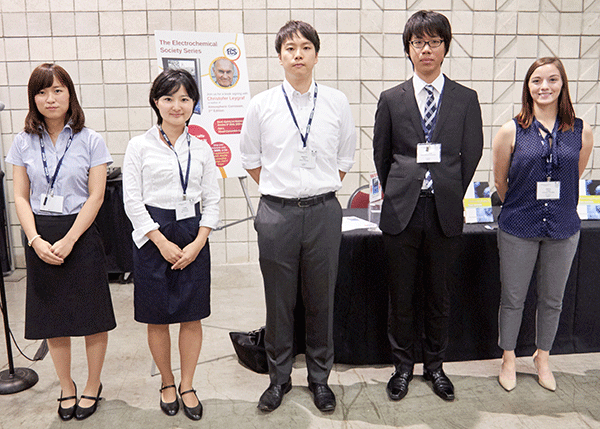
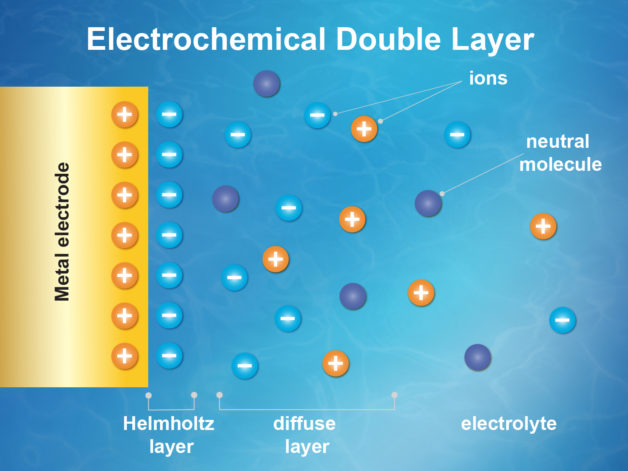

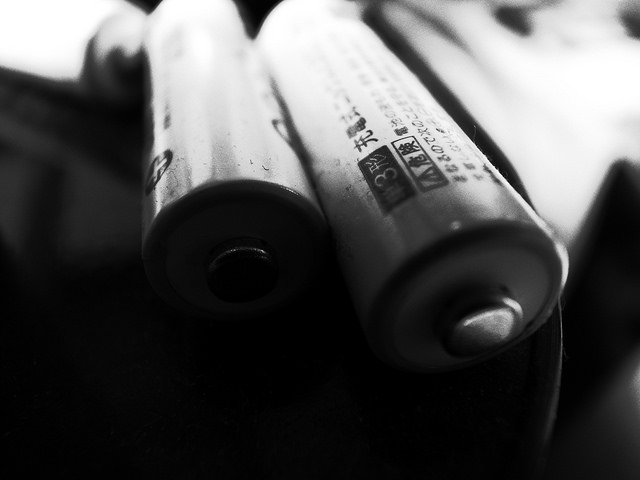

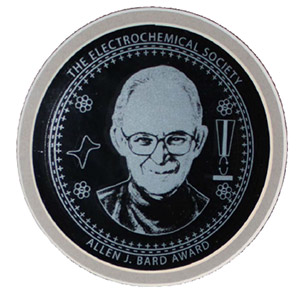 The Electrochemical Society founded the
The Electrochemical Society founded the